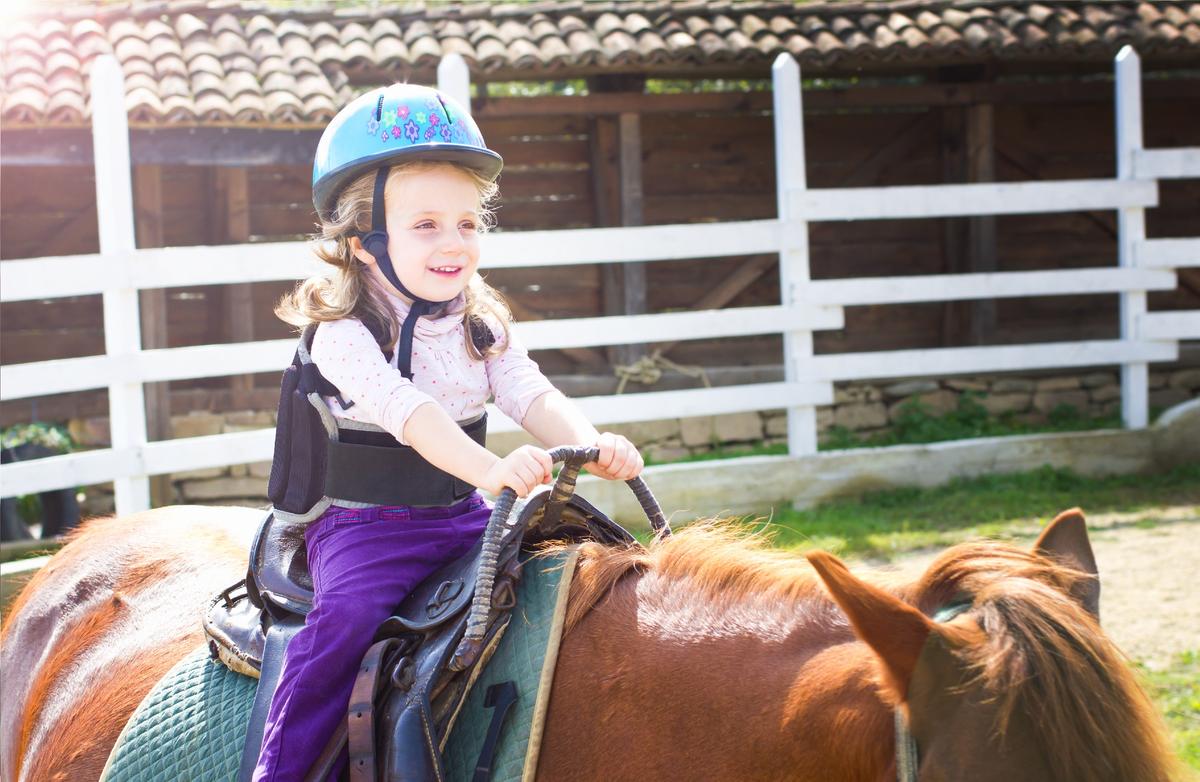 By Beth Rubio, Chief Clinical Officer
By Beth Rubio, Chief Clinical Officer
What is EFL Therapy?
Equine-Facilitated Learning
EFL stands for Equine-Facilitated Learning. It is a form of therapy that is used most typically for children who have mental or emotional disorders especially like ADD and Autism. It brings horses and children together in a unique setting that allows children to develop. EFL helps children learn about themselves, others, and interacting with their environment. It is not about teaching riding or about how to care for horses, and children do not need any prior experience with horses to participate.
How it Works
It has been clinically proven that being in the vicinity of horses changes brainwave patterns. Horses have a calming effect which helps stop fixations on past or negative events and gives children a good experience. A child who is given just a little insight into dealing with a horse in the right way will ensure the horse feels safe and peaceful and will cooperate with what the child asks of it. Children can often manage a horse more easily and more readily than adults. A horse is looking for a leader, someone to give simple, clear commands. Children are good at giving simple commands such as “go, stop, turn, back up” which is all that is needed.
Once children realize what they can achieve, their self-esteem increases and they may express themselves using words and gestures they have not used before.